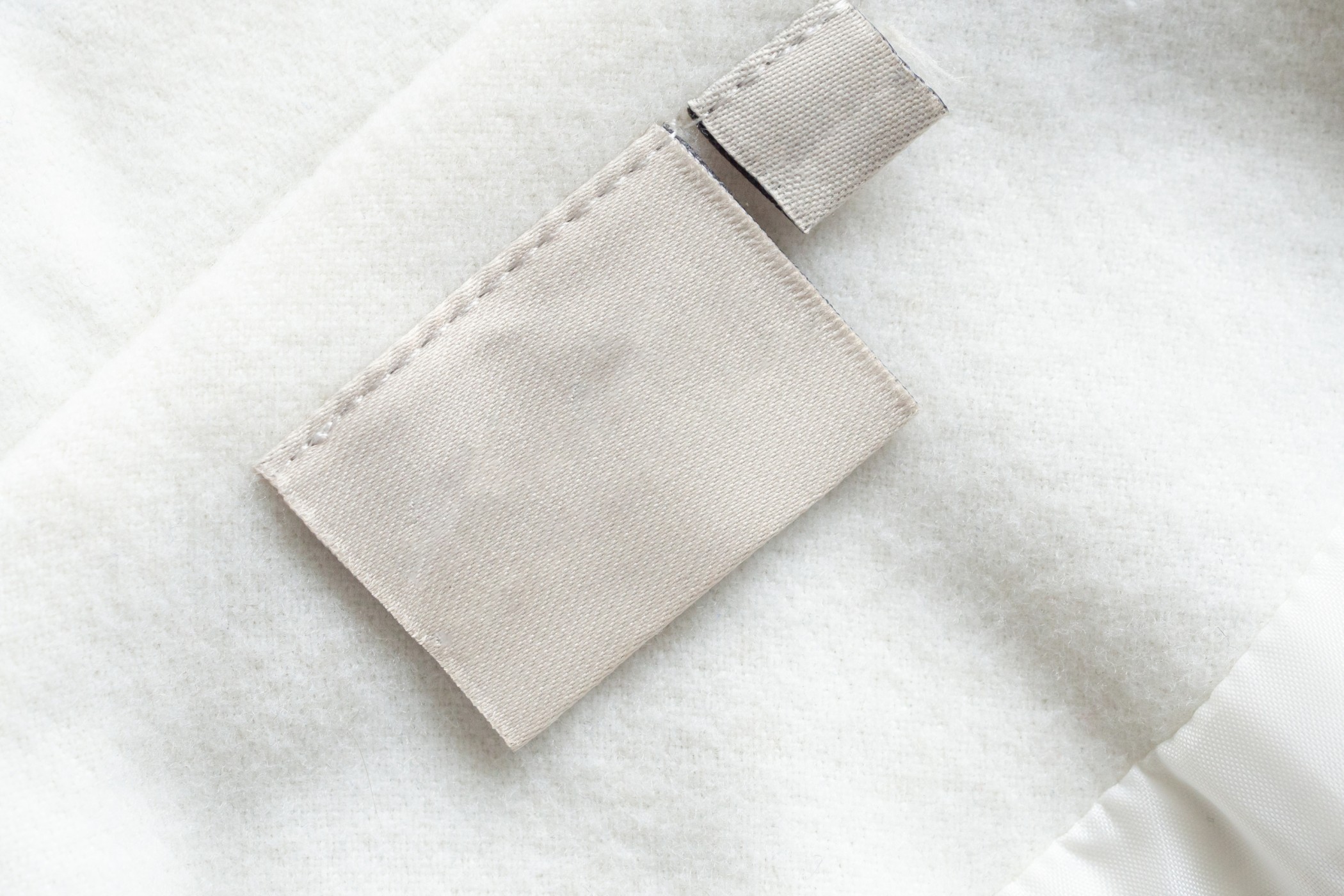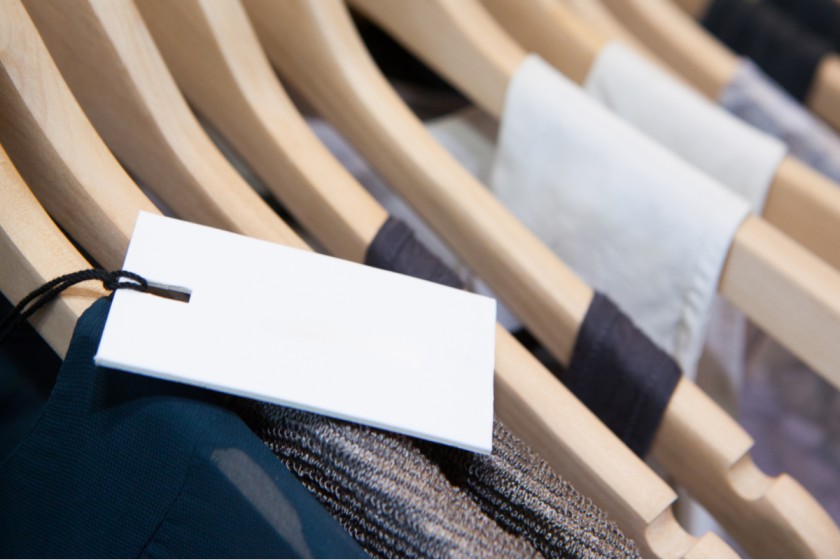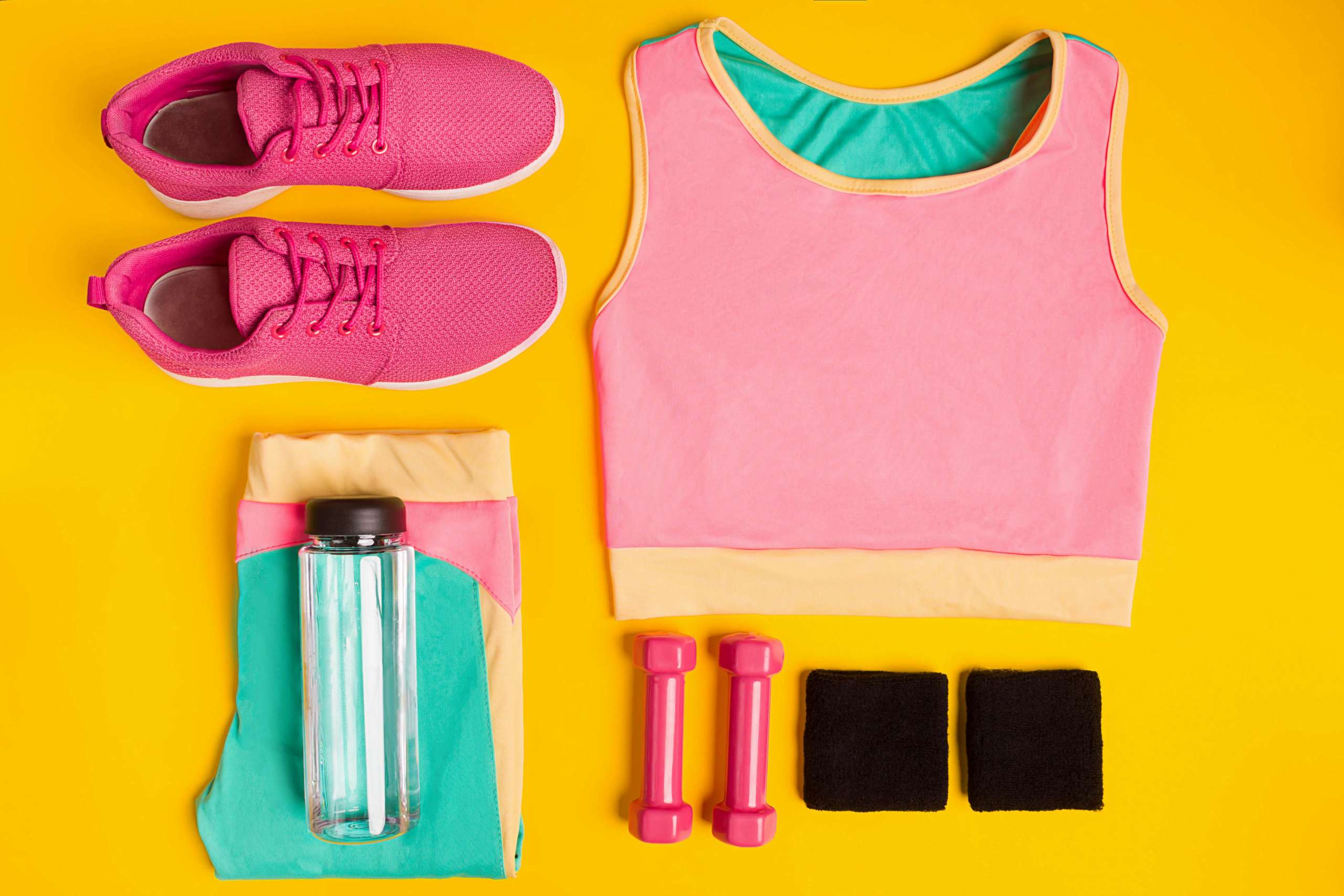Are You Allowed to Relabel Clothes?



Relabelling has been prevalent in the fashion world for a long time. From small-scale organizations to even some of the large-scale renowned textile enterprises, relabeling is a technique adopted by textile businesses all across. However, despite the fame and benefits of relabeling clothes, the practice is often looked down upon and is questioned for ethical reasons. Many people wonder whether it is legal for a business to relabel a product that is not manufactured by them independently. Well, the answer is that it depends. It depends on the way the relabelling is practiced. If done appropriately, relabelling can be legal. To further understand the practice of relabelling, it is important to understand what private labeling of wholesale clothing is.
What does it mean to relabel clothes?
Relabeling is a process used by numerous clothing brands in which they get rid of the labels of the products and apply a new label to the same product. Apparel printers use the technique to sell to businesses who are on the lookout for buying only branded products. As mentioned before, small and medium-scale businesses usually adopt this strategy of selling. These textile businesses first buy the products from wholesalers and later sell them after applying their private label to wholesale clothing.
Is it legal to relabel products?

Several times, the legality of this process becomes questionable. The answer is that it is legal to relabel products, but certain things are essential to be avoided. One cannot just go on picking clothes and relabeling them. There are rules and limitations to be adhered to.
- To avoid any trademark issues, one must, at all times, only relabel products from wholesale sellers. Putting private labels on wholesale clothing is safe and evades any legal risks. Never relabel branded products as this may give rise to copyright issues, and it is essential to obtain permission from the brand to relabel their products.
- Opt for common and basic products for relabeling. Never go for prints or designs that belong to any particular brand. For example, a renowned brand like Burberry has a pattern that is owned only and only by the brand. In such a case, the brand has a right to sue the other brand that relabels its design. Hence, it is always safe to relabel common products that are available in abundance. For instance, a plain black or white T-shirt.
- When relabeling, the products should also not appear like a brand’s product. For example, a printed T-Shirt with a pattern that looks identical to any brand should not be relabeled.
How can relabeling help businesses?
Relabeling wholesale clothing under a private brand can help the textile business get recognized by a variety of customers. Many small-scale clothing enterprises use this process to compete in the market and create an image of their own. Furthermore, even some leading brands and reputed designers take the help of this process for the branding of their products. All that a business should keep in mind before opting for this technique of putting labels under their own name is to be conscious of the limitations and avoid situations that can lead to legal problems. If done right, putting private labels can help organizations in several ways.
- Product Uniqueness
Relabeling of clothes offers a unique experience to the customers that helps fashion brands get noticed. When a customer purchases from a brand and repeatedly sees the brand name, it creates a lasting impression on their mind; this further facilitates recognition of the business. When a customer has had a pleasant experience with the products, there are high chances that he/she might recommend it to others which additionally helps in indirect brand marketing.
- Better Earnings
The usual customer psychology says that a high-priced product makes customers feel that they are buying high-quality products. As a result, branded products are capable of attracting higher profits as people are always willing to pay a higher price for clothes with a brand tag. Putting private labels on wholesale clothing can be advantageous for yielding higher profit margins.
- Loyal Customers
Branded products make more loyal customers than any unbranded product can. Even when someone buys a product without a tag and has a great experience, customers can replace the product on their next purchase as the product does not have a brand name and cannot be easily recognized. However, this does not happen with labeled products. For example, a customer who enjoys wearing Zara clothes has a lower tendency of replacing its products unless and until they start having poor experiences with the products or services of the company.
How expensive can relabelling be?

The cost of adding private labels to wholesale products differs as per the brand requirements. Usually, the process is inexpensive despite the steps and efforts involved in relabeling products. However, the final expense depends on several factors like:
- Amount of clothes to be relabeled
The bigger the order size, the better pricing you can get. It is a rule of thumb for bulk projects. If a brand wishes to get only ten pieces of clothing relabeled, then it might turn out to be expensive. However, a bigger order size can drastically reduce the cost for the textile business.
- The urgency of the order
The cost of private labeling also depends on the urgency of the order. If the order has to be relabeled on an urgent basis, then the cost is much higher than the regular cost. However, if sufficient time is provided to the suppliers, the cost differs.
- Quality Check
Relabelers also offer a service at an additional cost that involves checking the quality of the relabeling. In this step, the relabelling company and the brand discuss terms that lead to the approval or rejections of a relabeled product. If a brand wishes to hire the services, the cost of relabeling gets a little higher than the regular cost.
Private Relabeling of Wholesale Clothing - Options Available
Labels play an important role in a brand’s clothing line. There are several ways to relabel wholesale clothing. One of the easiest ways of putting a private label is by removing the old label and sewing the new one on the neck of the clothes like shirts, T-shirts, sweaters, jackets, etc. Nevertheless, there are other labeling options available for the relabeling process:
- Satin Labels
Satin labels are best suited for relabeling apparel like T-shirts, sweaters, hoodies, etc. The soft touch of the fabric is not irritating to the skin and gives an elegant finish to the products. Satin labels are appropriate for brands with small, text logos.
- Woven Labels
As the name suggests, woven labels are the ones in which the label text is woven. These labels look more stylish and luxe at the same time. Despite the exquisite finish of the tags, woven labels are better with fewer colors. The reason is the more the colors, the thicker the tag, and the thicker the tag, the more uncomfortable it might get for the customer.
- DTG Printed Labels
DTG printed labels are appropriate for all types of clothing. Using this method, the label is printed directly on the fabric. DTG labels give a unique finish to the products, making them look custom-made. The best part about this technique of putting private labels on wholesale clothing is that the length of the text does not affect the printing process. Furthermore, when the relabeling is done straight on the fabric, it is more comfortable for use.
- Transfer Printed Labels
Transfer printed labels require care and skill to print. In this process, the logo or text that one wants to be printed is cut, and with the help of heat, it is transferred carefully on the insides of the fabrics. The technique can be an easy way of relabeling products with your brand name. However, excess use of heat on the products can cause washing away, cracking, and chipping.
- Screen-Printed Labels
Screen-printed labels, like DTG printed labels, are added directly onto the fabric. In this process of relabeling clothes, a screen is used to transfer the pigment and add the required text to the fabric. Screen printing can be an appropriate method for adding private labels to sports clothing. Though this process is easy, it requires different screens for printing different colors, which might be one of the pitfalls of this technique.
Putting private labels to wholesale clothing has helped fashion brands for a long time to make their products exclusive and unique. A little bit of care can prove to be beneficial for textile companies. Apart from that, the relabelling company that a brand hires also plays a pivotal role in the whole process of relabeling clothes. Hence, it is always recommended to pay special attention to the relabelling company before hiring one. If all the conditions are in your favor, the relabeling of products can change the game of your clothing brand!



















